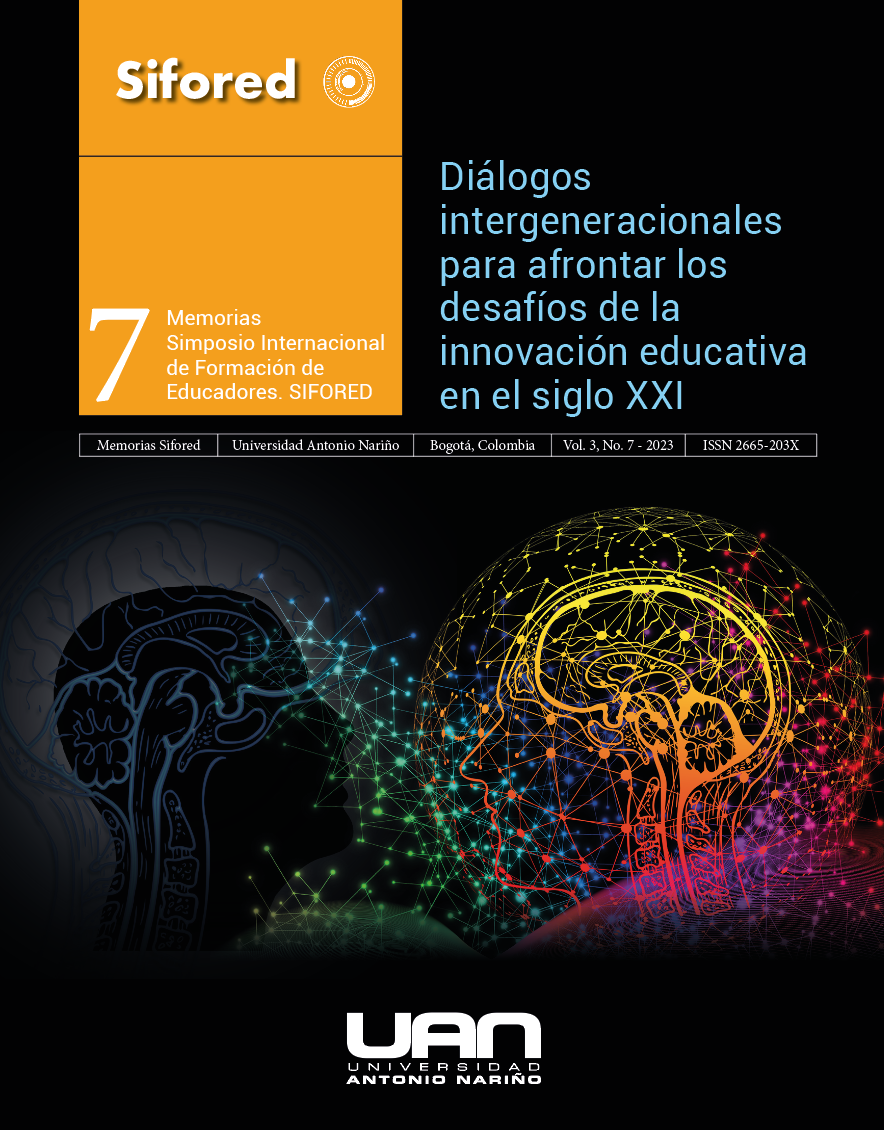Evidenciar las oportunidades y retos que enfrentan los estudiantes de pregrado de ingeniería industrial de la universidad ECCI desde la academia y su contexto laboral
Keywords:
Teaching method innovations, Production Engineering, Information Technology, Computer Science, Educational TechnologyAbstract
This article is the result of a degree project completed in the Industrial Process Management Technology program of the Industrial Engineering Department at ECCI University, Bogotá campus. Research articulated between two research groups "CASULOG" and "SITIC_IISP", linking the research lines Production, Logistics & Operations Analysis, and Management & Organizational Management with the intermediation of ICT respectively. The research is focused on the logistics of the customer management process required by the company Mundial de Mudanzas y Logística from the design of a technological tool, analyzing variables, definition, design, and development of a modular technological application (Jacob Brenkus, 2019). The descriptive and experimental methods are used, with the appropriate interpretation of the studied phenomenon (Grajales, 2000), allowing the identification of process engineering activities based on customer management. The collection of primary data was based on field techniques: observation and structured interviews with the management of the organization's management of the moving transportation service it provides (Garcia, 2006). By proposing the design of an information system hand in hand with integrated logistics, it optimizes the moving service to the place indicated by the client in a timely manner (Casanovas, A., & Cuatrecas, L., 2011).
Downloads
References
Casanovas, A., & Cuatrecas, L. (2011). Logística integral (Nuevas tendencia de logística y operaciones). Barcelona: Profit.
Cauas, D. (2015). Definición de las variables, enfoque y tipo de investigación. Biblioteca electrónica de la universidad Nacional de Colombia, 1-11.
Garcia, J. M. (2006). Guia descriptiva para la elaboración de protocolos de investigación. Salud en Tabasco, 530-540.
Grajales, T. (2000). Tipos de investigación. On line, 112-116.
Hassan Montero, Y. (2002). Introducción a la Usabilidad. No sólo usabilidad. Obtenido de http://www.nosolousabilidad.com/articulos/introduccion_usabilidad.htm
Jacob Brenkus, A. F. (2019). 98B-The Advantages of Modular Design in Software Engineering. Obtenido de https://www.studocu.com/ph/document/ama-computer-university/business-and-marketing/98b-the-advantages-of-modular-design-in-software-engineering/65398902
Montoya Agudelo, C., & Boyero Saavedra, M. (2012). El CRM como herramienta para el servicio al cliente en la organización. Scielo.
Salto, C. (2000). Algoritmos evolutivos avanzados como soporte del proceso productivo (Doctoral dissertation). (U. N. Plata, Ed.) Obtenido de http://sedici.unlp.edu.ar/bitstream/handle/10915/4060/I_-_Sistemas_de_informaci%C3%B3n.pdf?sequence=5&isAllowed=y
Vera Carranza, L. M., & Islas Hernández, M. e. (2005). Centro de Innovación para el Desarrollo y la Capacitación en Materiales Educativo. Obtenido de Ingeniería de Software Apuntes Digitales: http://cidecame.uaeh.edu.mx/lcc/mapa/PROYECTO/libro17/217_usabilidad_del_software.html
Downloads
Published
-
Abstract187
-
PDF (Español)76
How to Cite
Issue
Section
License

This work is licensed under a Creative Commons Attribution-NonCommercial-ShareAlike 4.0 International License.


 Portal de Ciencia Abierta
Portal de Ciencia Abierta